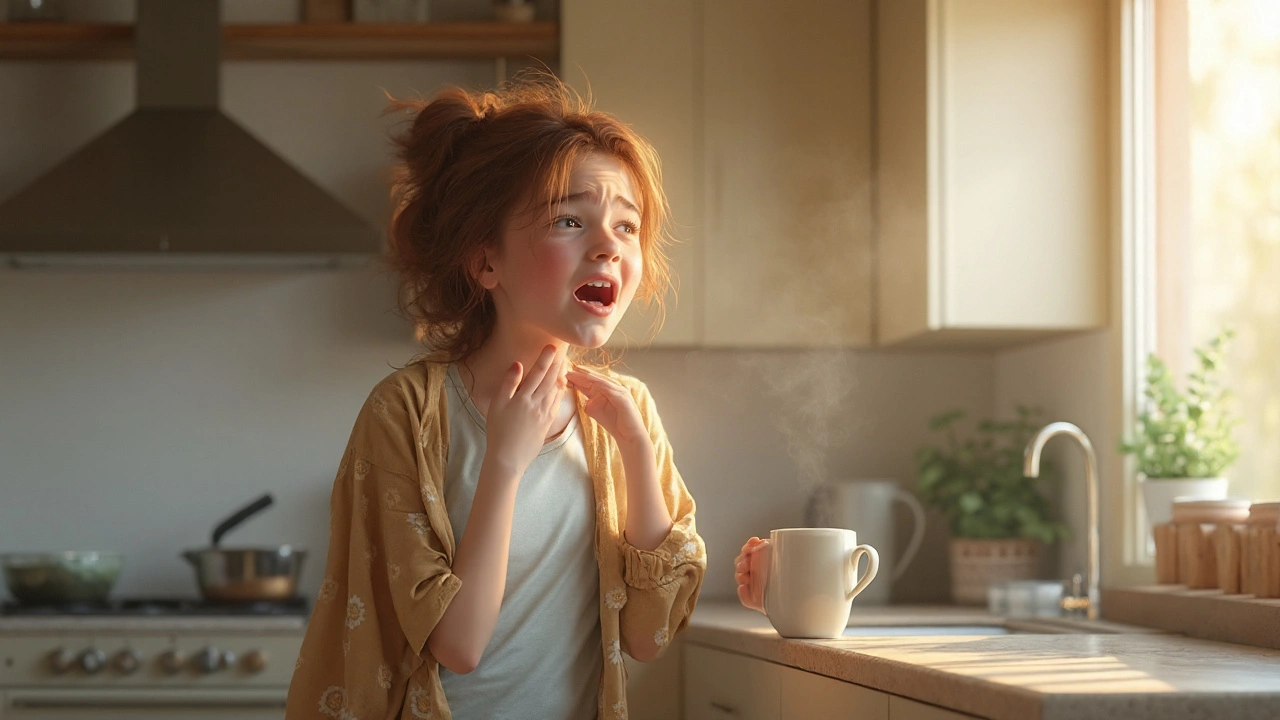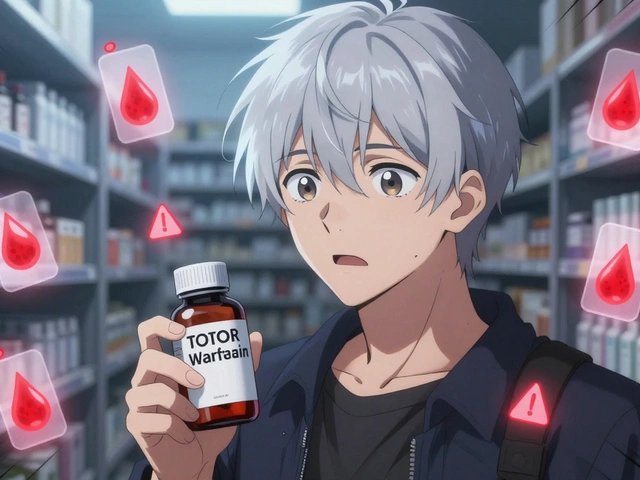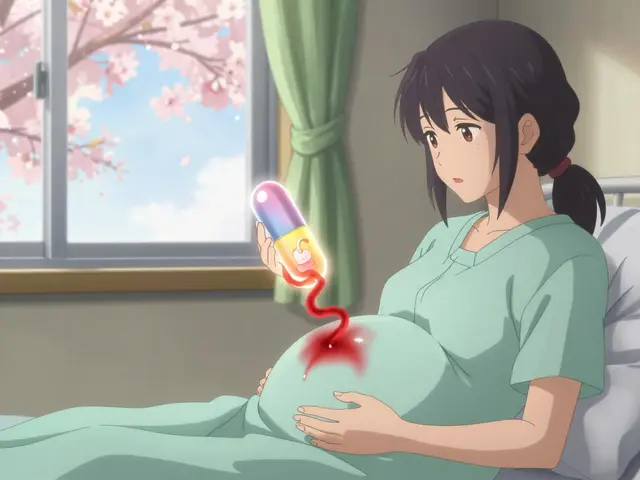What Really Triggers Hiccups?
Ever wondered why a sudden "hic" can ruin a conversation? Hiccups are quick, involuntary spasms of the diaphragm that force air out of the lungs. Most of the time they’re harmless, but the reasons behind them can be surprisingly varied. Knowing the common culprits helps you avoid them and gives you a better shot at stopping the rhythm when it starts.
Everyday Habits That Set Off Hiccups
Simple day‑to‑day actions top the list of hiccup triggers. Eating too fast or gulping large bites of food can trap air in the stomach, pushing the diaphragm upward and causing that funny "hic" sound. Carbonated drinks add bubbles that expand in the stomach, creating the same pressure. Alcohol, especially when consumed on an empty stomach, relaxes the esophageal sphincter and makes the diaphragm more prone to spasms. Even sudden temperature changes—like a hot soup followed by an iced drink—can shock the nerves that control breathing.
Health Issues That May Lead to Hiccups
When hiccups linger beyond a few minutes, they might signal an underlying condition. Gastroesophageal reflux disease (GERD) irritates the lining of the esophagus and can trigger the reflex that causes hiccups. Infections that affect the respiratory tract, such as pneumonia or bronchitis, sometimes produce hiccups as the body fights off the germs. Certain medications, especially steroids or chemotherapy drugs, can irritate the diaphragm or the nerves that regulate it. Rarely, brain injuries, stroke, or tumors that press on the brainstem can disrupt the hiccup pathway, leading to persistent bouts that last days.
Stress and excitement also play a role. A sudden burst of emotion can change your breathing pattern, and the resulting irregular diaphragm movement may spark a hiccup. Some people notice hiccups after laughing hard, which isn’t surprising since laughing forces rapid inhalations and exhalations that can misfire the diaphragm’s rhythm.
When hiccups stick around for more than 48 hours, doctors call them "persistent" or "intractable" hiccups. At this point, they’ll look for more serious causes like metabolic disorders, kidney disease, or nerve damage. Blood tests, chest X‑rays, or even a brain scan might be ordered to rule out these possibilities.
Quick fixes often work for short‑lived hiccups. Holding your breath, sipping cold water, or swallowing a teaspoon of sugar can calm the diaphragm by resetting the nerve signals. Breathing into a paper bag raises CO₂ levels in the blood, which can also stop the spasm. While these tricks are useful, they’re only temporary solutions; the best approach is to avoid the triggers in the first place.
In summary, hiccups are usually caused by everyday habits—fast eating, carbonated drinks, alcohol, or sudden temperature changes. Persistent hiccups may hint at a digestive issue, infection, medication side effect, or a more serious health problem. By recognizing the patterns that bring on hiccups, you can tweak your routine and keep those "hic" moments to a minimum.

Why Do We Get Hiccups? The Science Explained
Discover the real science behind hiccups, how the reflex works, common triggers, and when they turn pathological. Learn effective ways to stop them.




